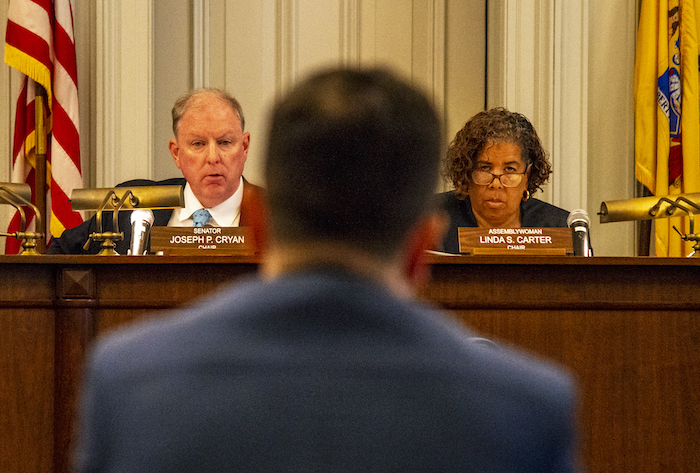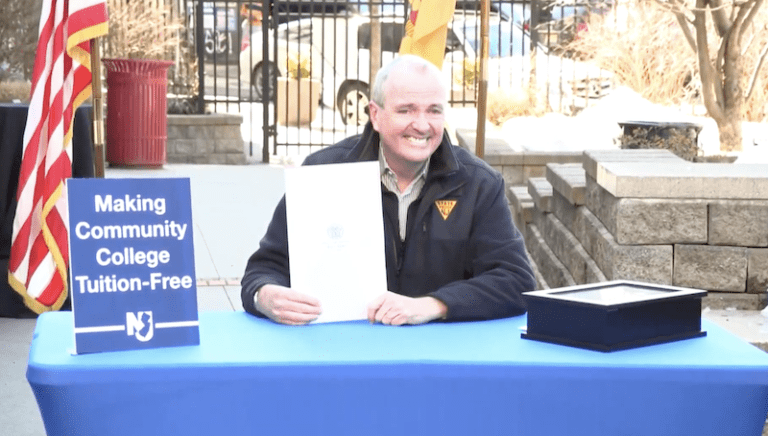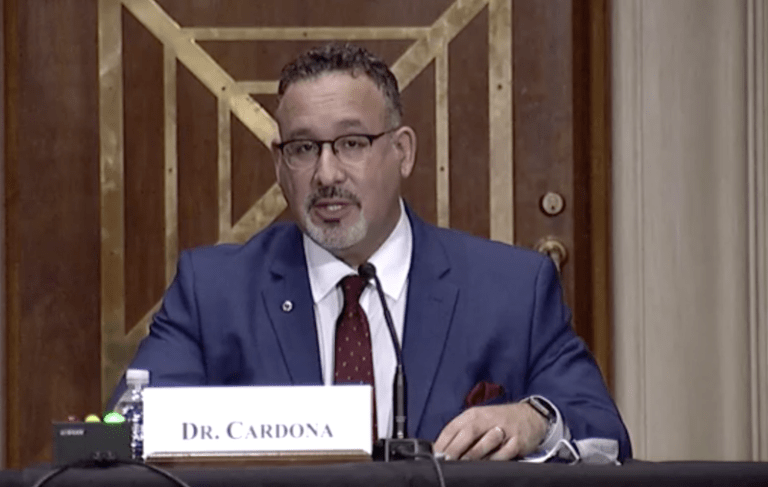The New Jersey Assembly and Senate Higher Education Committees held a joint meeting June 10 in Trenton to hear testimony from invited guests on the findings of New Jersey City University’s Fiscal & Governance Monitoring Report and Fiscal Accountability Plan.
The first speaker was Dr. Brian K. Bridges, New Jersey’s higher education secretary. In fielding questions from the committees, Bridges noted that NJCU fiscal monitor Henry J. Amoroso’s report recommends a third party be identified “to help lay some of the foundation” for a possible partner institution. Bridges also said it is possible for NJCU to continue without an affiliation, but “it would require a significant, substantial infusion of cash from the state.”
Andrés Acebo, NJCU’s interim president, was next. At one point he was asked whether NJCU was on track to meet the benchmarks set by Amoroso, a New Jersey attorney who was appointed by Bridges in August 2023 to be the university’s fiscal monitor. (Amoroso’s report details his findings from Sept. 1, 2023, through March 12, 2024, and it includes a fiscal accountability plan based on those findings, along with time-focused benchmarks.)
“I can tell you that at our June 24th meeting, I intend to make a robust presentation to our board that shows that not only are we ready, able and willing to meet those benchmarks, we [have exceeded] them in many instances,” Acébo said.
Asked how much money NJCU needs from the state, Acébo said, “I think the monitor and I may have a difference of opinion on how much money, but we’ll agree that we need money. … The goal here for me and for my administration and the university and the campus community is to not die a slow death. It’s to do something dramatic and innovative and bold for higher education and for our community.”
Among those attending the June 10 meeting was Dr. William Calathes, the incoming president of AFT Local 1839. Afterward, he noted that Acebo provided a comprehensive update on positive strides taken by NJCU under his 18 months of leadership, highlighting collaborative efforts with stakeholders, including the union, to rectify mistakes of the previous administration.
Calathes also emphasized the need to hold the NJCU board of trustees accountable “for much of the previous fiscal mismanagement,” particularly noting “the prolonged terms of four members, some of whom have served over 20 years and witnessed — and may have supported — what resulted in fiscal mismanagement that contributed to much of the school’s current woes.” He agreed with Acebo and Amoroso about the vital role NJCU plays in supporting its minority student population and its community, and the need for NJCU to continue as a viable independent institution with the assistance of substantial financial assistance from the state Legislature.
ABOVE: Sen. Joseph P. Cryan and Assemblywoman Linda S. Carter, the chairs of their respective higher education committees, listen to New Jersey City University Interim President Andrés Acebo on June 10 at the State House Annex in Trenton.
(Photo by Chris M. Junior)





